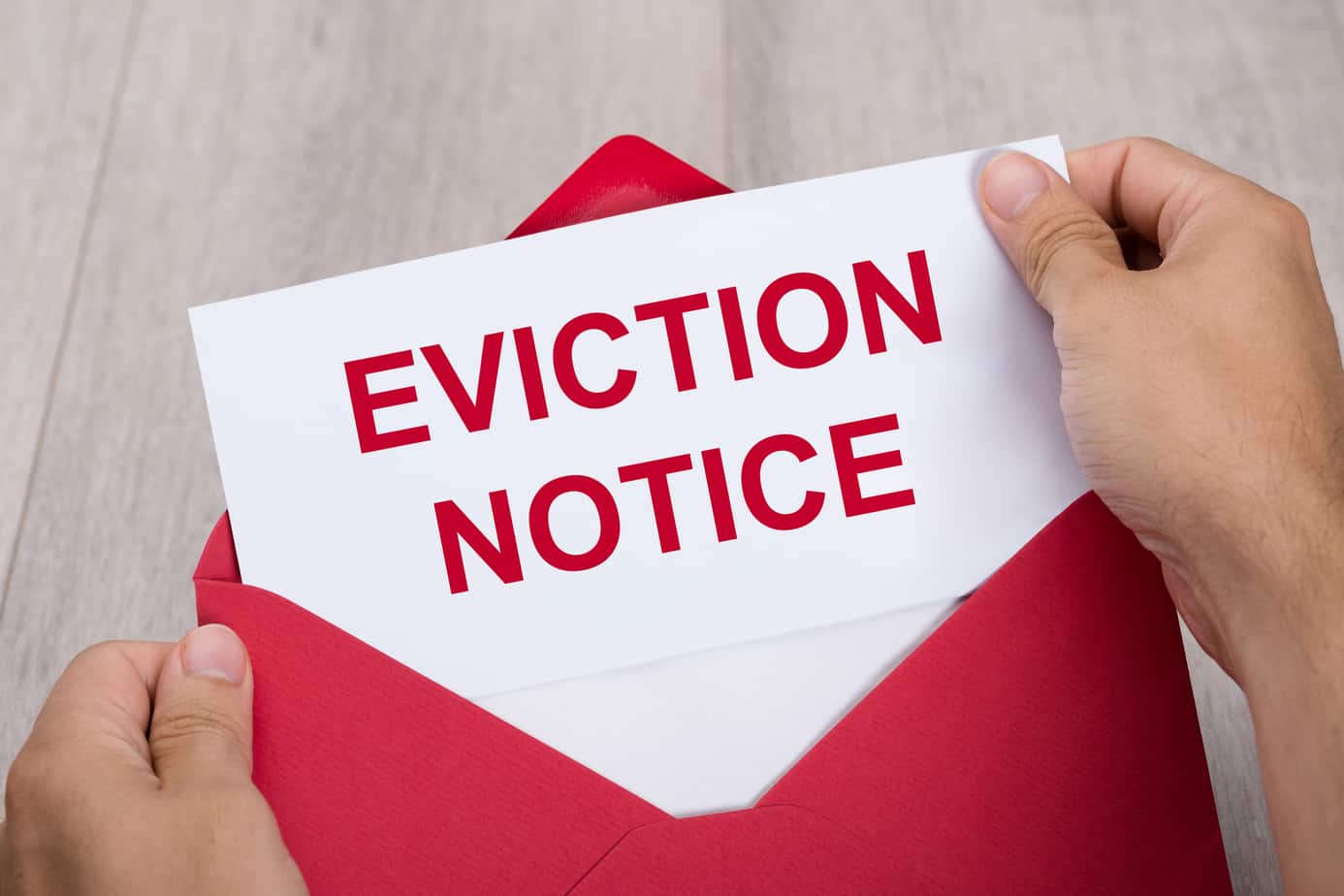Eviction in the private rented sector (PRS) can be a contentious issue, and landlords need to be aware of how the Renters’ Reform Bill could affect them as early as 2022.
The topic of eviction is something many landlords may have to come face to face with during their careers. Even for “accidental landlords” – those who end up renting a property out by circumstance rather than as a business decision – should have some idea of the rules around tenant eviction.
In the year ahead, the Renters’ Reform Bill could come into play, which might drastically change the rules on evicting tenants. The government are looking into other proposals, too, that could be part of the bill, such as lifetime deposits to give tenants more security.
The idea of reform first appeared in the government’s 2019 general election manifesto, and it has been under consultation since then. Many expect the final publication to take place at some point in 2022.
What’s in the Renters’ Reform Bill?
The Law Society website sets out the main areas that will be covered by the bill, and the aims of the government’s proposals. These are:
- end ‘no-fault’ evictions by repealing section 21 of the Housing Act 1988
- extend the grounds for possession under section 8
- remove landlords’ ability to grant new assured shorthold tenancies (ASTs)
- improve the processing of repossession orders
A ‘no-fault’ eviction (Section 21) is when a landlord seeks to repossess their property without giving the tenant a reason or establishing a ‘fault’ from the tenant. The idea of scrapping this is to stop landlords from turfing tenants out so they can replace them with a higher-paying resident, for example. However, most accept that this is rare, and many landlords use Section 21 for other reasons.
Paul Shamplina of Total Landlord Insurance says: “In our experience, the main reasons for serving Section 21 notices are for rent arrears, tenants requesting to be evicted so they can be re-housed or, most recently, because landlords wish to sell their property owing to impending tax liabilities.”
Objections to the rule-change
Paul Shamplina adds that, for many landlords whose tenants are in arrears, using Section 21 to evict them is the easiest option.
Alexander Siedes, CEO and founder of Homeppl, added: “In my experience, there is always a reason why a landlord chooses to evict – it could be because the tenants are in arrears, or they are not meeting their legal obligations under the agreement. In some circumstances, the landlord may be struggling financially and need to sell the property, and surely they need to be able to sell their assets to avoid being forced into debt.”
Support for strengthening Section 8 eviction
The Law Society says it is largely supportive of the reform. It believes Section 21 evictions are “a leading cause of homelessness”, and local authorities can’t always act against rogue landlords.
However, so-called rogue landlords tend to be in the minority. The Law Society adds that it is sometimes necessary for a landlord to evict a tenant legitimately, and therefore widening the grounds for possession under Section 8 is also favourable.
“In order to not discourage landlords from entering into longer fixed-term tenancies, we balanced the rights of tenants and landlords in our response by arguing for more court discretionary powers, rather than making possession orders mandatory.”
During the pandemic, the government temporarily halted tenant eviction across England. Read more about that here.










